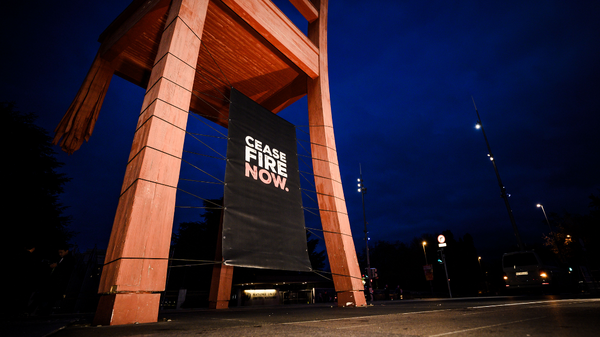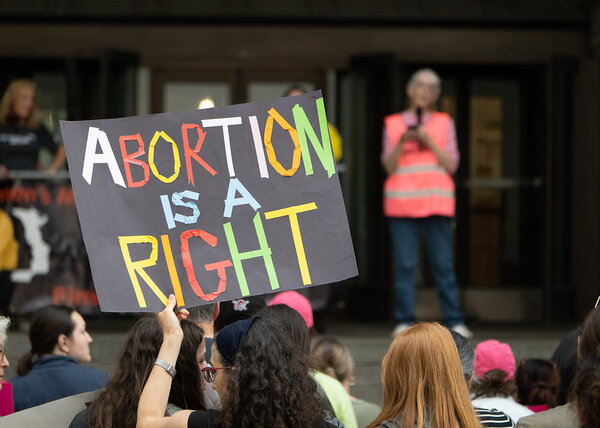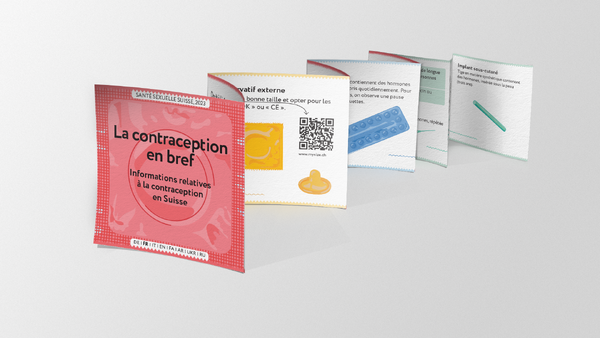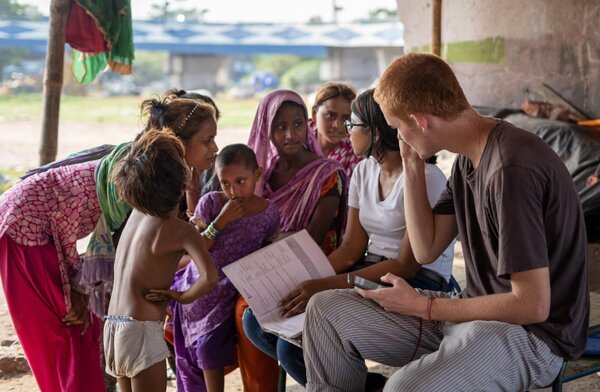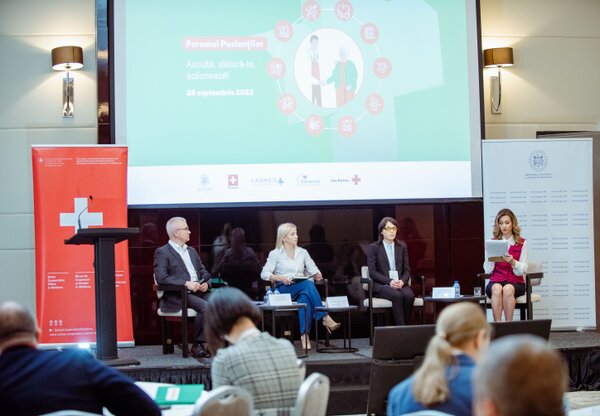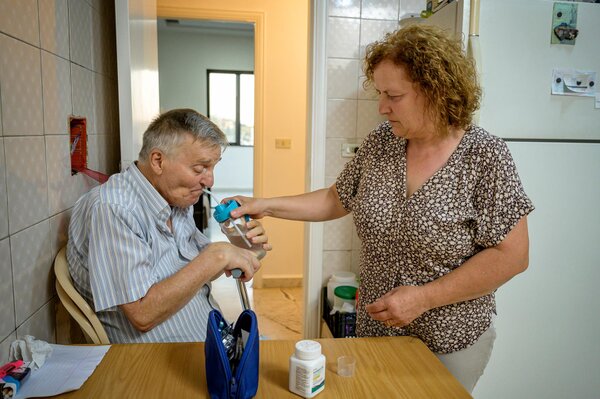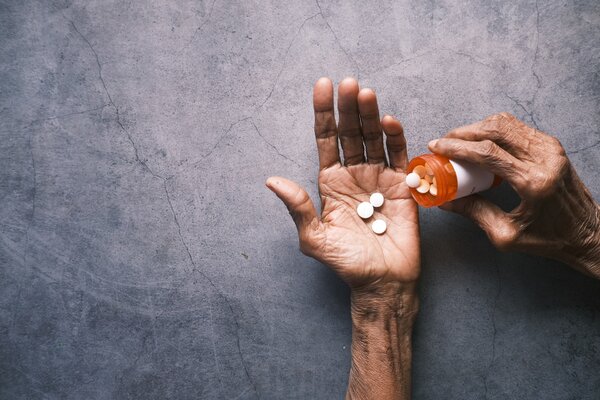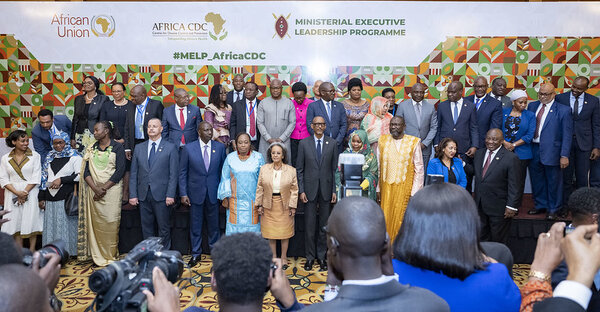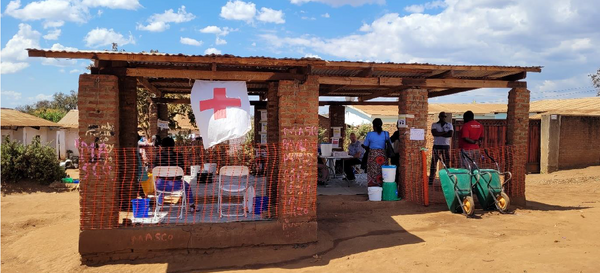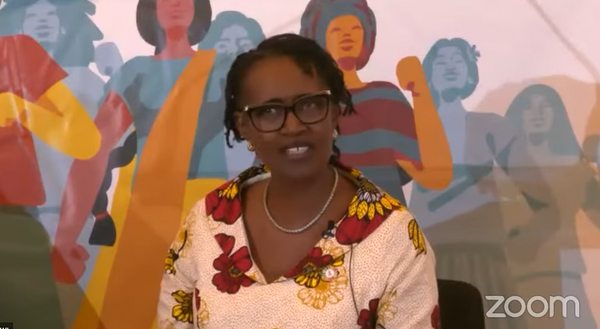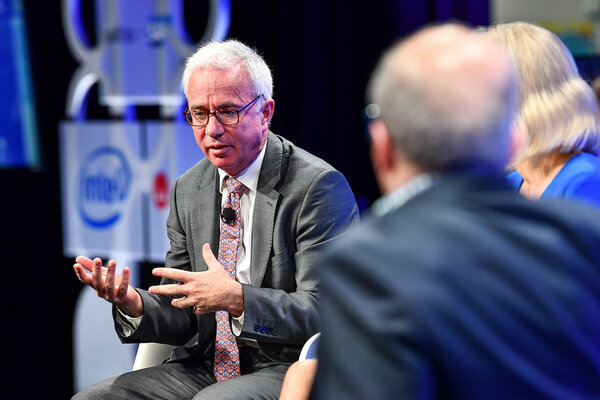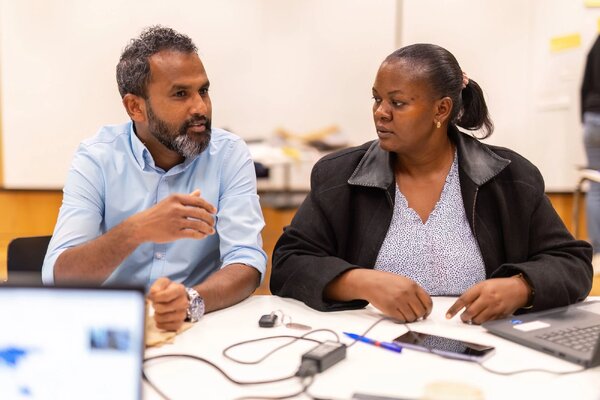Nous écrivons cet éditorial tout en sachant que nos mots sont dérisoires face à tout ce qu’il y aurait à dire. Nous l’écrivons tout en sachant qu’en tant que Réseau engagé pour le droit à la santé pour tous, nous ne pouvons pas nous taire.
Cette nouvelle phase dans un conflit qui dure depuis longtemps, a été initiée par un plan meurtrier du Hamas : l’attaque brutale de cette organisation contre la population et les habitants d’Israël, à la manière d’un pogrom, et la prise en otage d’innombrables civils ont conduit à la situation actuelle. Rien ne peut ni ne doit effacer de notre conscience cette terreur perpétrée par le Hamas.
Le comité et le secrétariat sont profondément préoccupés par le fait que dans cette guerre, comme de plus en plus souvent dans les conflits armés, les centres de santé sont la cible d’attaques militaires. La communauté internationale ne peut pas se contenter d’accepter cette violation répétée du droit international humanitaire. Il en va de même pour la violence à l’encontre du personnel de santé. Ce sont eux qui, même dans des contextes difficiles, veillent à ce que l’humanité ne périsse pas et à ce que le chemin menant à un vivre ensemble non-violent ne soit pas fermé.
Les centres de santé ne doivent jamais faire partie de la stratégie de guerre, même pas comme élément de ses préparatifs. C’est le cas lorsqu’ils sont utilisés comme installations de commandement ou comme dépôts d’armes. Ce faisant, les puissances belligérantes ébranlent la confiance dans les centres de santé en tant que lieu où tous reçoivent les soins médicaux nécessaires. De plus, elles mettent gravement en danger les patient∙e∙s si un conflit se transforme en guerre.
Au regard de la logique médiatique dans laquelle s’inscrit la guerre au Proche-Orient, le secrétariat et le comité rappellent que parallèlement à cette guerre, il en existe d’autres, ainsi que des conflits, dans lesquels le droit à la santé de même que l’accès à des services de santé sûrs sont refusés à la population civile. Les droits humains sont universels et indivisibles. Nous devons respecter cela.
Le comité et le secrétariat sont solidaires des victimes de ces guerres. Nous sommes également solidaires du personnel de santé qui s’engage dans le monde pour le droit à la santé dans des conditions très difficiles. Nous refusons la haine et la violence, l’inégalité, l’exclusion et la discrimination. Et nous nous opposons en particulier au racisme, à l’islamophobie et à l’antisémitisme ici en Suisse.
Le comité et le secrétariat du réseau Medicus Mundi Suisse


